When it comes to matters of the heart, both figuratively and literally, finding a healthcare facility that boasts top-notch medical expertise and offers a compassionate and patient-centric environment is of utmost importance. A gem of a medical institution shines brightly – the Heart Station Clinic, renowned as the Top Echocardiography Testing Centre in Pimlico. As we delve into assessing the staff experience at our Best Echocardiography Testing Centre, it becomes evident that their commitment to excellence goes beyond medical proficiency.
Let’s see how we assess this:-
- Expertise Beyond Measure
- A Patient-Centric Approach
- The Heart-Health Connection
- A Team United by Compassion
Expertise Beyond Measure:
The Heart Station Clinic’s reputation as the Best Echocardiography Testing Centre is not unfounded. At the core of its success lies a team of highly skilled and experienced medical professionals who have dedicated their careers to cardiovascular health.
The clinic’s commitment to staying at the forefront of medical advancements is reflected in the ongoing education and training provided to the staff. Regular workshops, seminars, and conferences ensure that the team remains updated with the latest techniques and technologies in echocardiography. This commitment to continuous learning translates into better patient outcomes and an enhanced overall experience.
A Patient-Centric Approach:
While medical expertise is undeniably crucial, the Heart Station Clinic goes further by embracing a patient-centric approach that sets them apart. The staff’s dedication to personalized care is evident when patients walk through the doors. A warm smile, a reassuring word, and a genuine willingness to address concerns create an environment that immediately puts patients at ease.
The staff’s ability to explain complex medical procedures in accessible language is another commendable trait. Patients often arrive anxious about undergoing echocardiograms, but the staff’s ability to demystify the process helps alleviate fears. This commitment to patient comfort and understanding is a testament to the clinic’s holistic approach to healthcare.
The Heart-Health Connection:
Understanding that heart health extends beyond physical assessments, the Heart Station Clinic fosters a connection with its patients beyond the medical realm. The staff takes the time to discuss lifestyle factors that can impact heart health, guiding diet, exercise, and stress management. This comprehensive approach resonates with patients, as they feel supported in their journey toward overall well-being.
A Team United by Compassion:
What truly stands out when assessing the staff experience at the Heart Station Clinic is the sense of unity and compassion that permeates the entire team. From the receptionist who greets patients with a warm smile to the cardiologist who patiently answers questions, an unmistakable culture of empathy makes patients feel valued and heard.
This culture of compassion at the Top Echocardiography Testing Centre in Pimlico extends beyond patient interactions and reflects the clinic’s commitment to a positive work environment. A team that feels supported and appreciated is more likely to deliver exceptional care, and this is precisely what the Heart Station Clinic achieves through its people-first approach.
Final Words
The Heart Station Clinic’s position as the Best Echocardiography Testing Centre is not solely due to its cutting-edge technology or medical expertise; it’s the culmination of a staff experience rooted in dedication, compassion, and a genuine commitment to improving patients’ lives. From the moment a patient walks in to the moment they leave, every interaction is marked by a level of care that sets a standard for the Top Echocardiography Testing Centre in Pimlico.

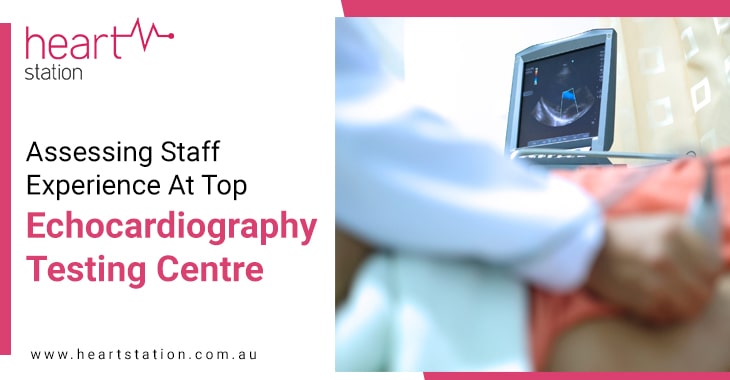
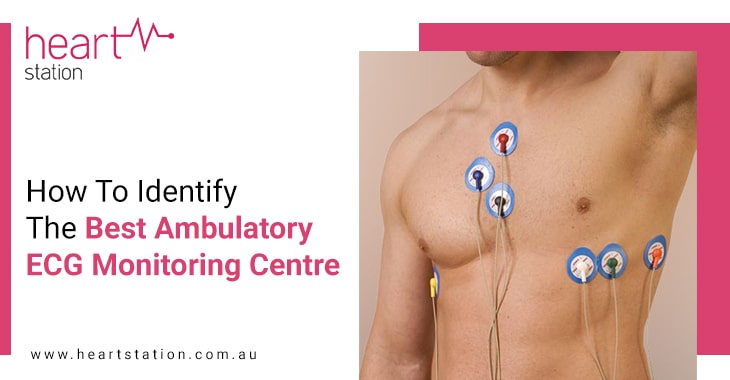
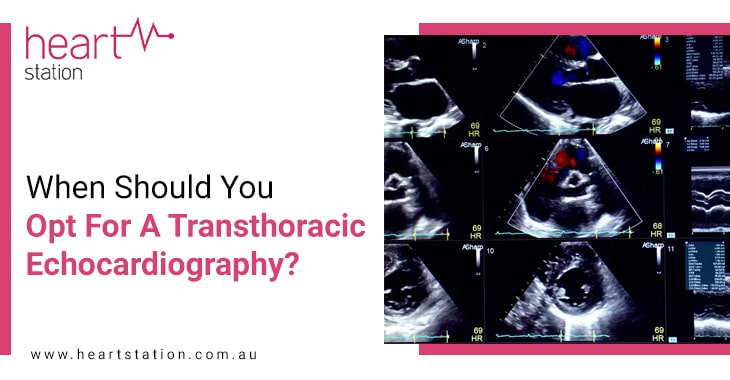
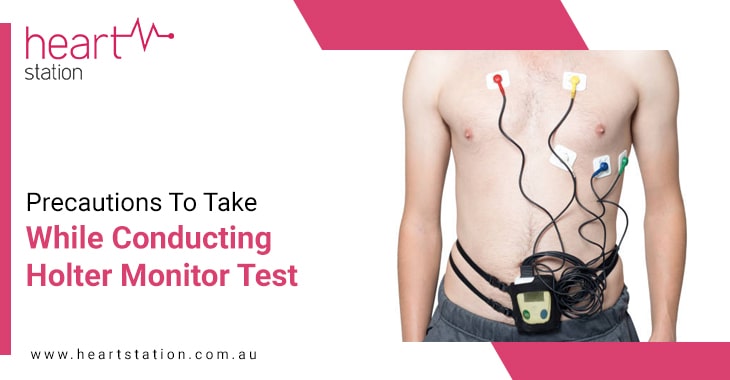
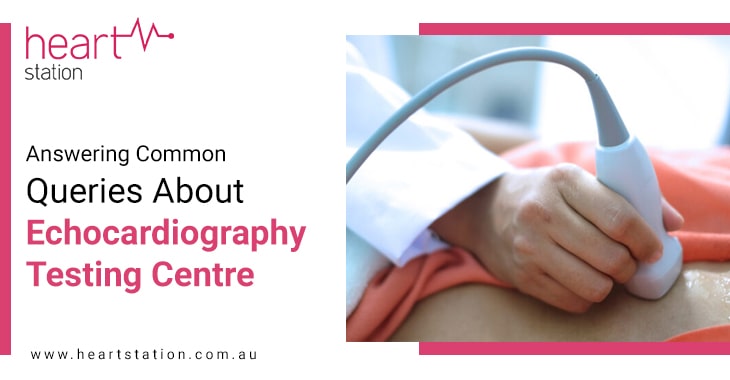
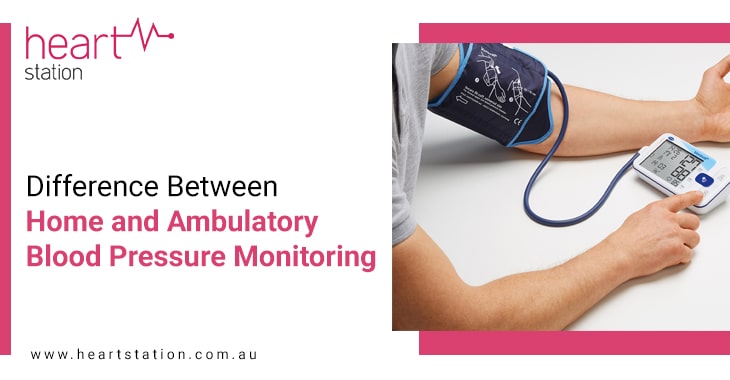
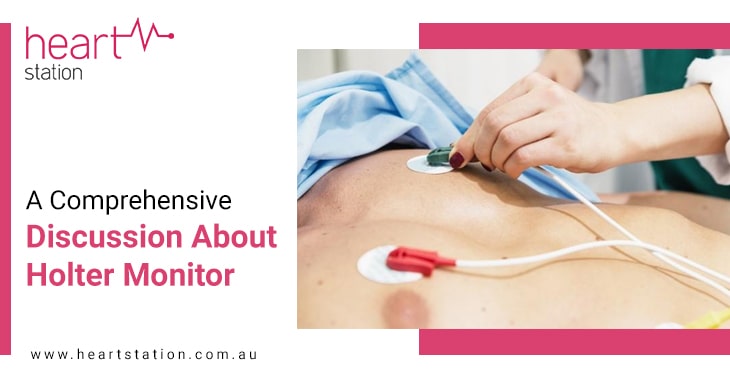
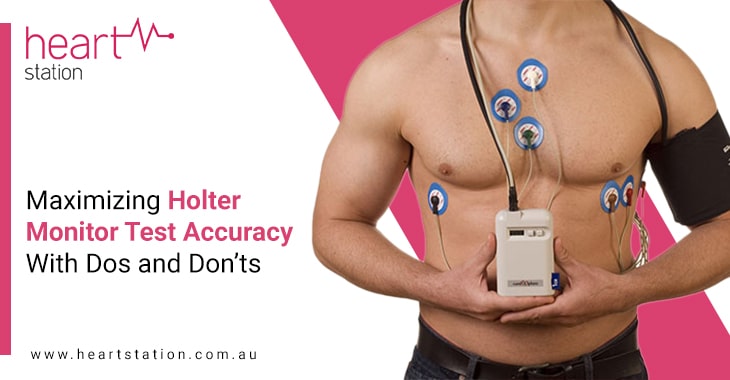
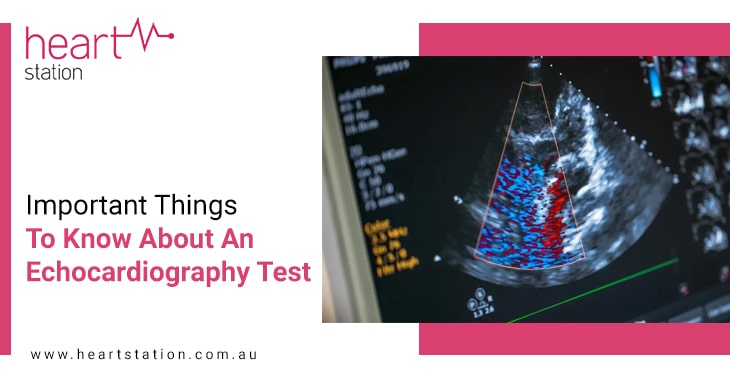
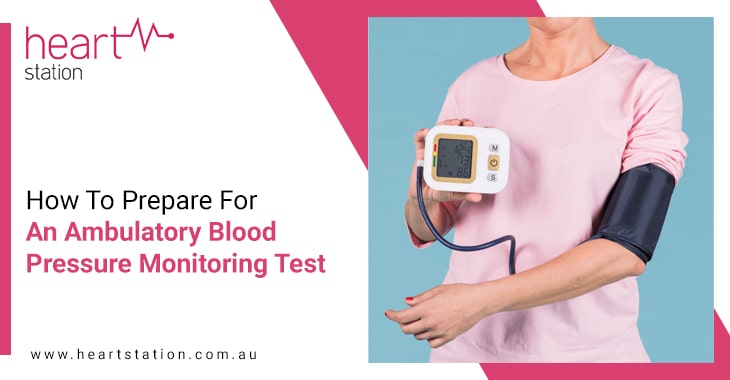
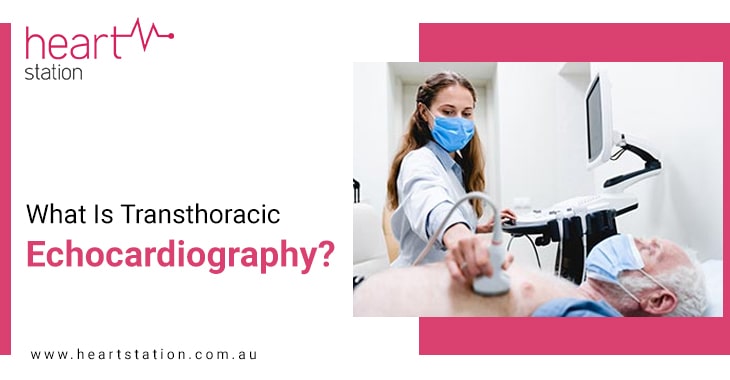
Recent Comments